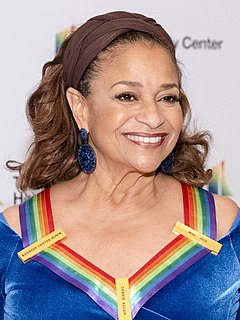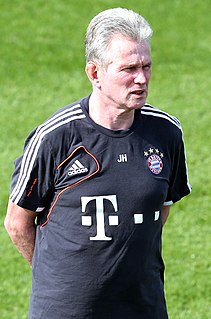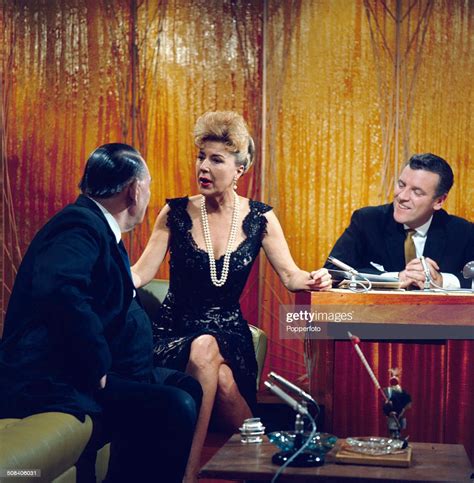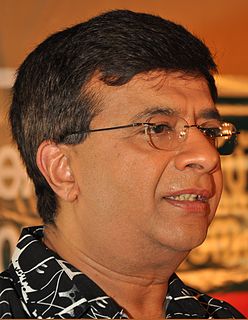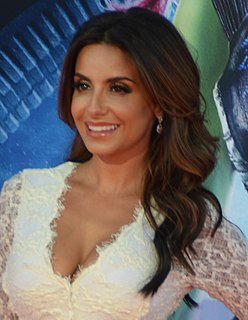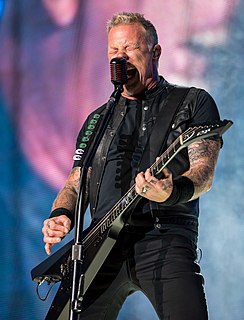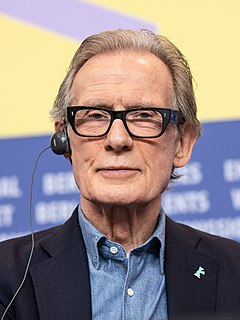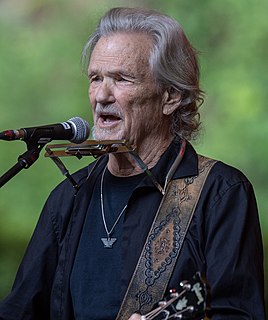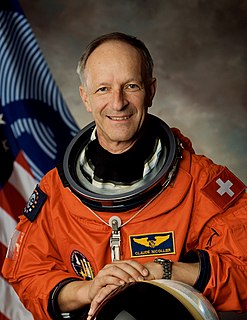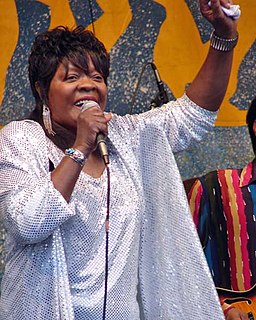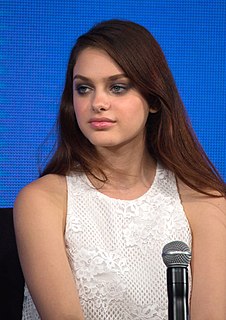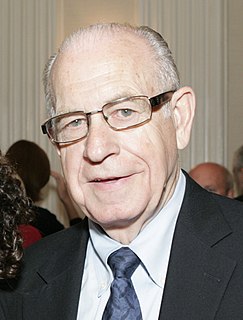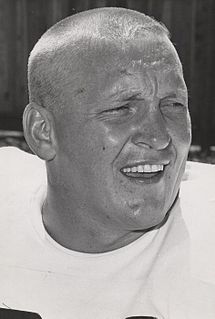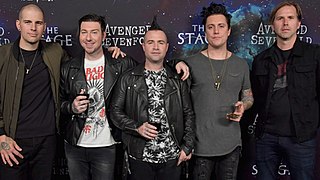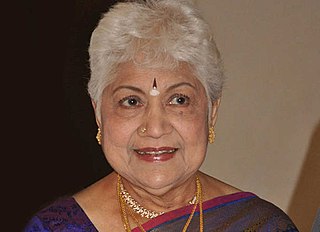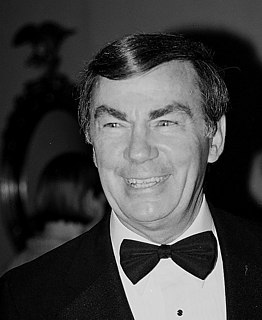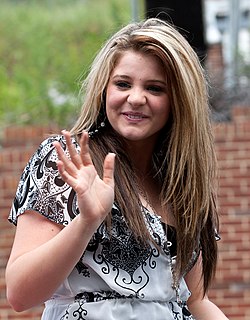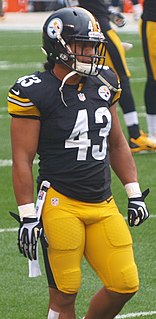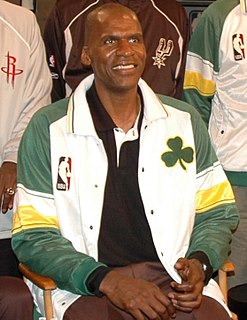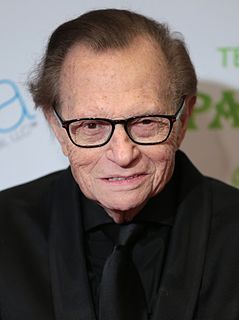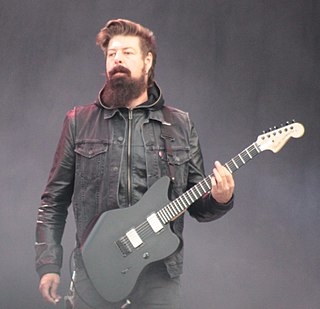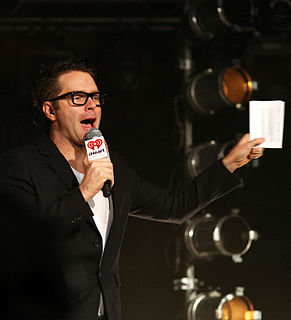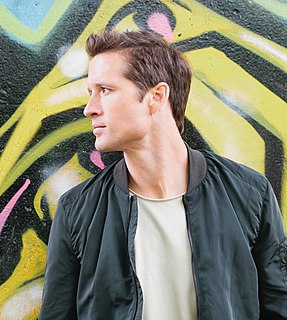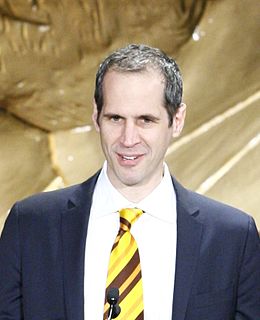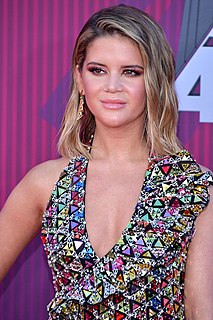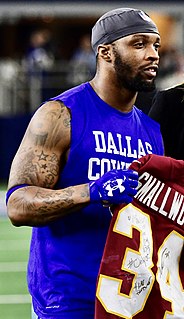Top 1200 Radio Plays Quotes & Sayings - Page 4
Explore popular Radio Plays quotes.
Last updated on April 19, 2025.
For early plays of mine, I started with character. But I think that's because I hadn't been in theaters; I hadn't worked that much. I'm very interested in character, obviously, but once I started having my plays produced, I became so fascinated by the theatrical experiment and the weirdness of theatrical space, so now all my plays start with space and stage picture and setting - or container is maybe the better way to put it.
The videos are sometimes the only way for people across the country and different places to see and hear the music. They may not get the same radio stations or they don't get the same TV channels, they don't have the same MTV that plays the same music. People will use to the Internet and that's why YouTube and stuff like that is so important.
